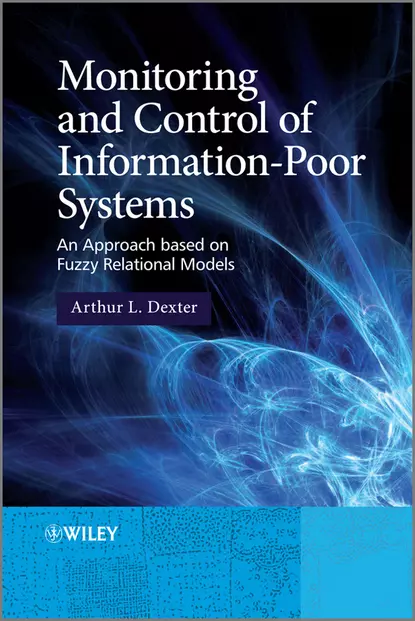Monitoring and Control of Information-Poor Systems

Поделись книгой!
Автор: Arthur L. Dexter
Издательство: John Wiley & Sons Limited
Категория: Основы производства
ISBN: 9781119945871
🔖 The monitoring and control of a system whose behaviour is highly uncertain is an important and challenging practical problem. Methods of solution based on fuzzy techniques have generated considerable interest, but very little of the existing literature considers explicit ways of taking uncertainties into account. This book describes an approach to the monitoring and control of information-poor systems that is based on fuzzy relational models which generate fuzzy outputs. The first part of Monitoring and Control of Information-Poor Systems aims to clarify why design decisions must take account of the uncertainty associated with optimal choices, and to explain how a fuzzy relational model can be used to generate a fuzzy output, which reflects the uncertainties associated with its predictions. Part two gives a brief introduction to fuzzy decision-making and shows how it can be used to design a predictive control scheme that is suitable for controlling information-poor systems using inaccurate measurements. Part three describes different ways in which fuzzy relational models can be generated online and explains the practical issues associated with their identification and application. The final part of the book provides examples of the use of the previously described techniques in real applications. Key features: Describes techniques applicable to a wide range of engineering, environmental, medical, financial and economic applications Uses simple examples to help explain the basic techniques for dealing with uncertainty Describes a novel design approach based on the use of fuzzy relational models Considers practical issues associated with applying the techniques to real systems Monitoring and Control of Information-Poor Systems forms an invaluable resource for a wide range of graduate students, and is also a comprehensive reference for researchers and practitioners working on problems involving mathematical modelling and control.
Мнения